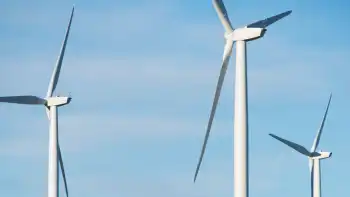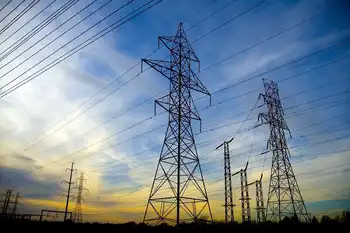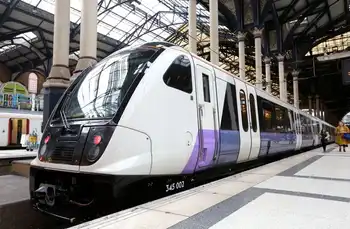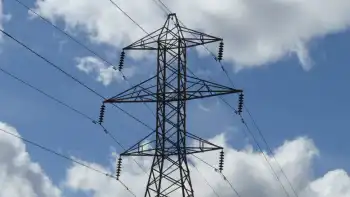Detroit Edison files with NRC to build new nuke
The utility applied for a combined construction permit-operating license, or COL, to build a 1,500 MW unit using GE Hitachi Nuclear Energy's Economic Simplified Boiling Water Reactor design. Detroit Edison currently operates Fermi-2, a 1,217-MW pressurized water reactor, at a site 35 miles south of Detroit.
DTE said "the NRC estimates that it could take up to four years to review the application and issue a license." An initial acceptance review should be complete in 60 days, it said.
The utility has not yet decided whether to build the new nuclear unit, but DTE Energy Chairman and CEO Anthony Earley said filing for the COL this year "maintains eligibility for a portion of $6-billion [in] tax credits should the plant be built." Congress approved these tax credits in the Energy Policy Act of 2005.
DTE's analysis "so far shows that nuclear power will, over the long term, be the most cost-effective baseload option for our customers, Earley said.
"Our analysis indicates the ESBWR, compared to the other advanced reactor designs, will have the lowest cost overs its full lifecycle," he added.
"We expect nuclear to remain the low-cost option, but we will continue to evaluate nuclear against other resources and will commit to proceeding with construction only at the right time and at the right cost," Earley said.
He criticized the "hybrid market structure that places the state's utilities in a partially regulated old model and a partially competitive new model. This structure fails to provide the certainty required for power plant investment that is critical to Michigan's future," he said. "Investors want reasonable assurance that these large investments can be recovered."
Related News

Doug Ford's New Stance on Wind Power in Ontario
ONTARIO - Ontario’s energy landscape is undergoing a significant transformation as Premier Doug Ford makes a notable shift in his approach to wind power. This change represents a strategic pivot in the province’s energy policy, potentially altering the future of Ontario’s power generation, environmental goals, and economic prospects.
The Backdrop: Ford’s Initial Stance on Wind Power
When Doug Ford first assumed the role of Premier in 2018, his administration was marked by a strong stance against renewable energy projects, including wind power. Ford’s government inherited a legacy of ambitious renewable energy commitments from the previous Liberal administration under Kathleen Wynne,…




